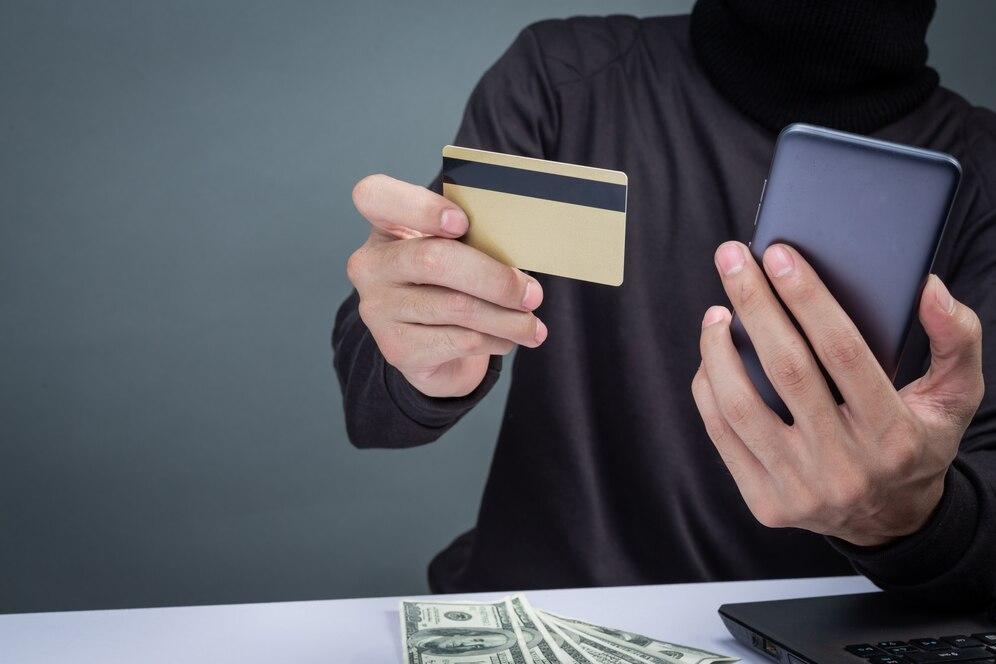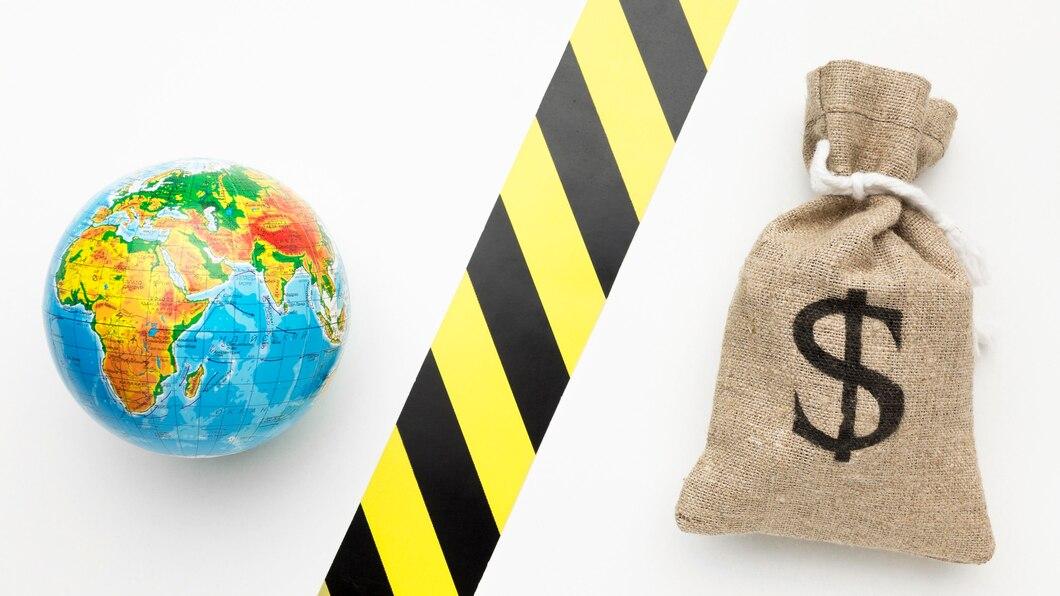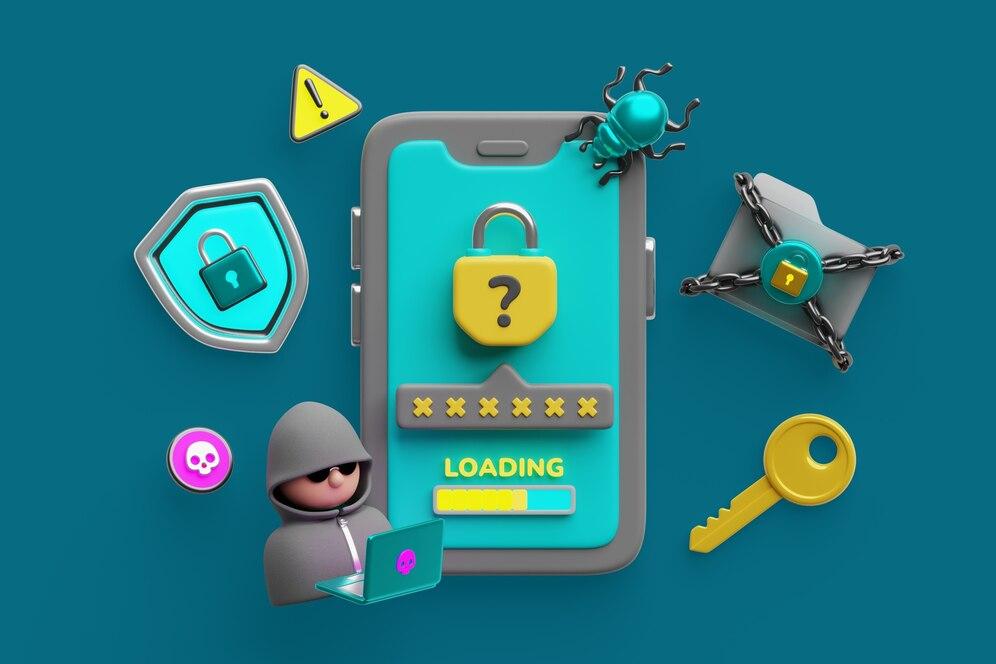In today's digital world, international shopping is becoming increasingly accessible to a wide range of consumers. Online platforms like Amazon, eBay, and Alibaba offer opportunities to purchase goods and services worldwide. However, with the growing popularity of these platforms, the risks associated with financial fraud are also increasing.
The Nature of Online Financial Fraud
Online financial fraud takes various forms, including fake websites, deceptive emails, and international money laundering schemes. Scammers may use subtle psychological tricks to manipulate consumers into handing over their data or money. One popular method is creating counterfeit versions of well-known brands or platforms, making them difficult to recognize.
Each year, millions of people fall victim to such schemes. According to the Federal Trade Commission (FTC), losses from fraud in the U.S. in 2022 amounted to over $8 billion. These statistics highlight the importance of being aware of potential threats associated with online shopping.
Main Types of Fraud on International Platforms
Fake Goods and Sellers
One of the most common fraud schemes is the sale of counterfeit or non-existent goods. Scammers may create attractive listings with low prices and high-quality images to lure buyers. However, after completing the transaction, the consumer may never receive their item or receive something completely different than what they ordered. This issue is particularly relevant for products like electronics, clothing, and accessories.

Fake Payment Systems
Another common threat is fake payment systems. Scammers can create fake payment pages that look genuine but actually collect personal data and bank card information from users. After entering the information, the money is debited from the account, and the buyer is left with nothing.
Email and Message Scams
Scammers often use online scams to spread information about fake promotions or discounts. They may impersonate well-known brands or platforms, offering attractive terms. In practice, such offers often turn out to be traps aimed at extracting personal data.
International Money Laundering Schemes
Some fraudulent schemes are implemented on an international level. Scammers may organize money laundering schemes where buyers send money to accounts in other countries, after which the trail is lost. This complicates both the investigation and the recovery of lost funds.

Signs of Fraudulent Activity
To make safe international purchases, it's necessary to be as vigilant as possible and pay attention to:
- Unrealistically low prices. One of the main signs of a fraudulent scheme is prices that are too low compared to the market. If an offer seems too good to be true, it probably is. Always conduct a comparative analysis of prices for similar products.
- Reviews and ratings. When buying on international platforms, pay attention to the seller's reviews and ratings. Fake reviews or low ratings can indicate unreliability. Scammers often create fake profiles and reviews to create an illusion of reliability.
- Incorrect contact details. Check the seller's contact information. If the seller doesn't provide clear contact methods, it can be a red flag. Reliable sellers always provide contact details such as phone and address.
- Payment terms. If a seller requires payment methods that do not offer buyer protection (e.g., bank transfers), this can also be a sign of fraud. Reliable platforms offer purchase protection and money-back guarantees.

How to Protect Yourself from Fraud
Purchase protection depends primarily on the buyer's awareness and vigilance. We have prepared a set of tips to help protect yourself from scammers.
1. Wise Platform Selection
Before making a purchase, make sure you use reliable and verified international platforms. Read reviews about these platforms and check their reputation. Also, look for buyer protection and return policies.
2. Use Secure Payment Methods
Prefer secure payment methods that offer user protection. Payment systems like PayPal, Visa, or Mastercard often have buyer protection mechanisms. Never send money directly to a stranger's bank account.
3. Check the Seller
Before purchasing, carefully study the seller's profile. If you see many negative reviews or their rating is low, it's better to refrain from buying. Also, it's useful to see how long the seller has been on the platform.
4. Double-Check Information
If you receive offers or discounts via email or messages, always verify the information on the company's official website. Scammers often use fakes to manipulate users, so it's best not to trust sudden promotional offers.

Consequences of Fraud and What to Do if You Detect It
Fraud can have serious financial consequences for victims. Lost money may be difficult to recover, especially if you didn't use protected payment methods. Additionally, victims may lose personal data, leading to further issues such as identity theft.
If you become a victim of fraud, the first step is to report it to law enforcement. It's also important to notify your financial institution or bank about the incident so they can take appropriate measures.
In case of fraud on an international platform, it's advisable to contact the platform's support service. Many platforms offer mechanisms for reporting fraudulent activities and can help you recover lost funds.

International online platforms offer many opportunities for shopping, but they also come with certain risks. Financial fraud is one of the most serious threats consumers face. Knowing the signs of fraud, conscious behavior when shopping, and using reliable payment methods can help minimize risks. Ultimately, awareness and attention to detail are key tools in combating financial fraud. Be attentive, and your international shopping will be safe and enjoyable.


